Lawn and Garden Resources
-
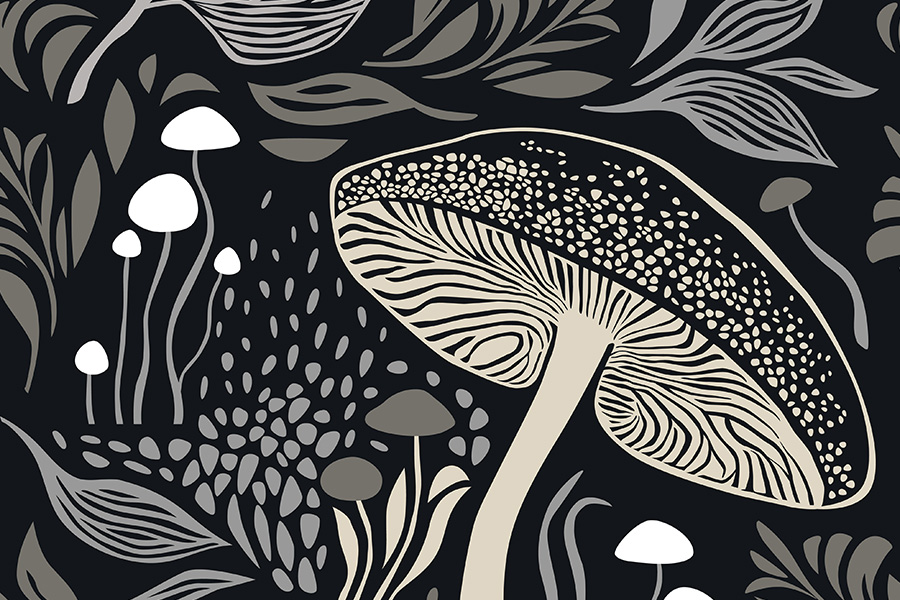
This publication describes Macrocybe titans, the largest mushroom species in the Western Hemisphere, which has been found growing in Georgia.
Jean Williams-Woodward and Marin Talbot Brewer
|
-
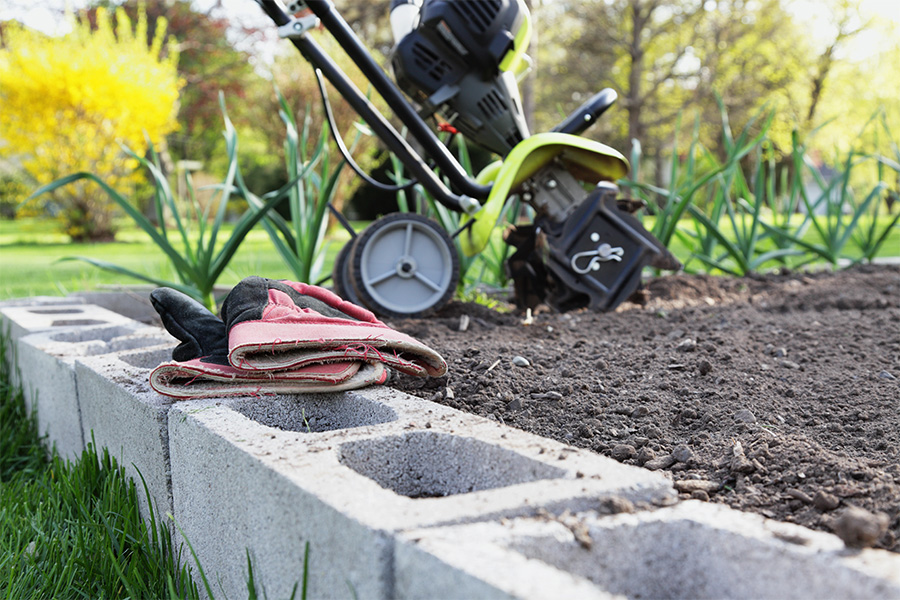
Most gardeners realize that they must manipulate the soil in their garden to successfully grow vegetables. Whether by hand, with a shovel, or a mechanical piece of equipment, tilling is an important practice for reducing compaction and mixing organic amendments into the soil. While smaller gardens and most raised beds can be turned with hand tools, larger gardens may require more sizable equipment. One of the home gardener’s most useful tools is a mechanical tiller.
Bob Westerfield
|
-
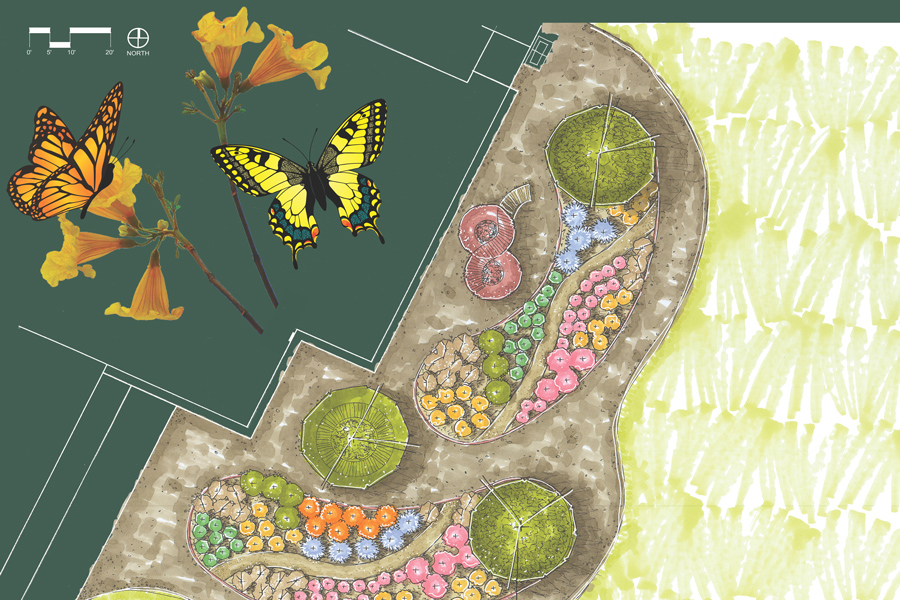
The lead author of this publication is Katherine Melcher, College of Environment and Design. The UGA Extension contact for the publication’s content is Becky Griffin. Providing opportunities for youth to design their environment can increase their connection to everyday nature and increase their sense of empowerment. By combining ecology and design, garden design can also be a central piece in STEAM (science, technology, engineering, art, and math) education. This activity guide contains five chapters that explain the purpose of pollinator gardens, the design process, and the basic steps used to create a planting plan. The chapters are supplemented with activities to guide youth and other beginning designers through the process of creating a pollinator garden.
Becky Griffin
|
-
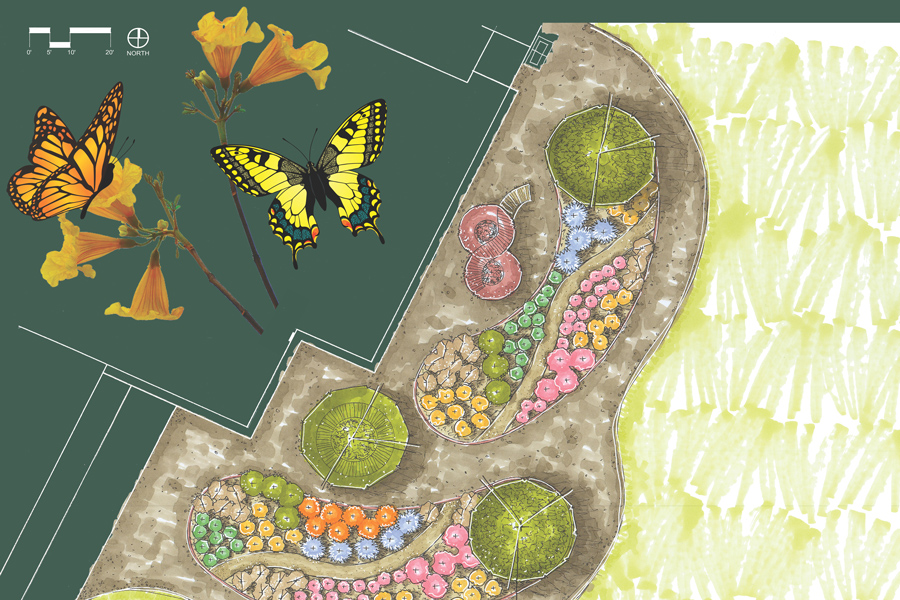
The lead author of this publication is Katherine Melcher, College of Environment and Design. The UGA Extension contact for the publication’s content is Becky Griffin. These appendices provide information about plants that grow well in Georgia’s Piedmont Ecoregion, as well as to-scale plant symbol and plant ID card templates for use in creating design plans.
Becky Griffin
|
-
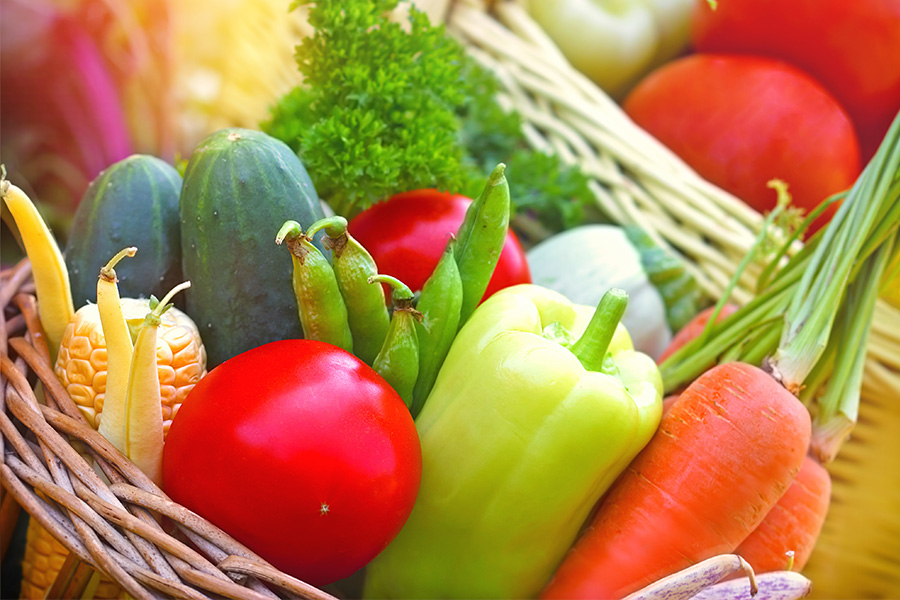
C 1179
Fertilizing the Home Garden
This publication covers the basics of how to correctly fertilize the home vegetable garden. It discusses the differences between organic and synthetic fertilizers and the advantages and disadvantages of both. The circular also includes information about the importance of soil testing along with detailed instructions for fertilizing a new garden as well as more established vegetables.
Bob Westerfield and Hailey Partain
|
-
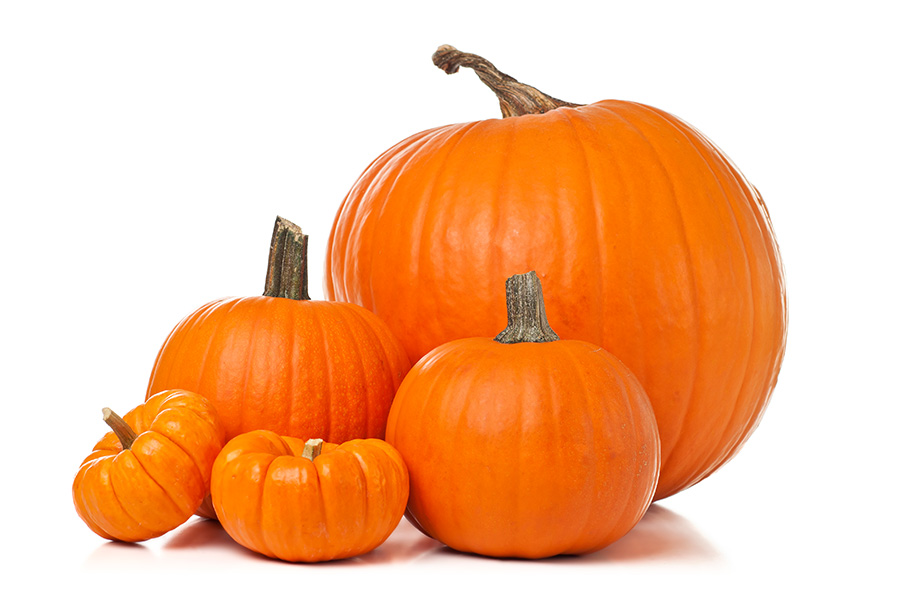
C 1206
Homegrown Pumpkins
While pumpkins are edible and grown for both their flesh and seeds, they are more commonly used as fall decorations. This member of the cucurbit family can be found in a variety of shapes, sizes, and colors. While pumpkins are not very difficult to grow, they do require a substantial amount of space for their sprawling vines. Selecting the right cultivar and following good cultural practices are key to successfully growing pumpkins.
Bob Westerfield
|
-
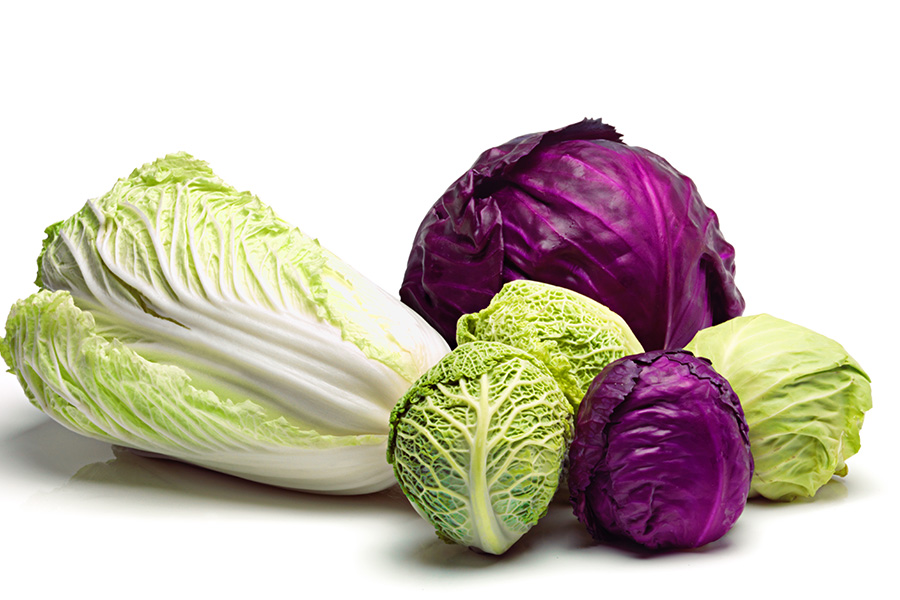
C 1218
Homegrown Cabbage
Cabbage (Brassica oleracea var. capitate) is a cool-season vegetable that is a member of the cole crop family. There are several types of cabbages available to grow, and they can all be eaten raw or cooked in a variety of ways. This publication covers the basics of how to grow cabbage in the home garden, including selection, planting, and maintenance information for growing this popular vegetable.
Bob Westerfield
|
-
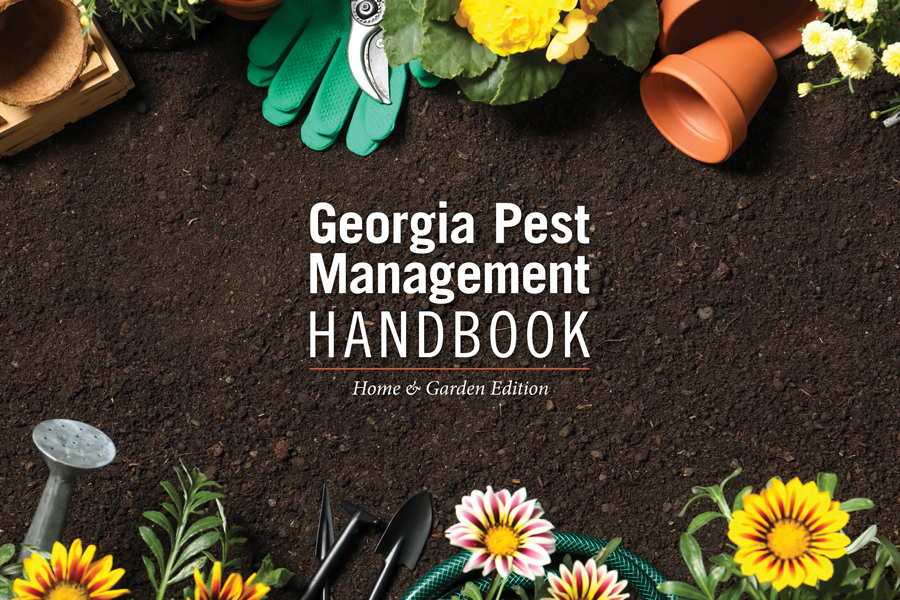
SB 48-06
Home Fungicide Guide
This section of the Home & Garden Edition covers fungicides for use in and around your home. Beginning in 2022, the Home & Garden Edition has been updated biennially. When purchasing a product based on a first-year recommendation of the Handbook, check the current product label before purchase to be sure it is still labeled for the use for which you are buying it. For pesticide products you have on hand from earlier purchases, you are allowed to use them until they are depleted without penalty under the law. Always follow label instructions before use. Contact the product’s manufacturer for the most up-to-date label.
Harald Scherm and Allison Faye Johnson
|
-
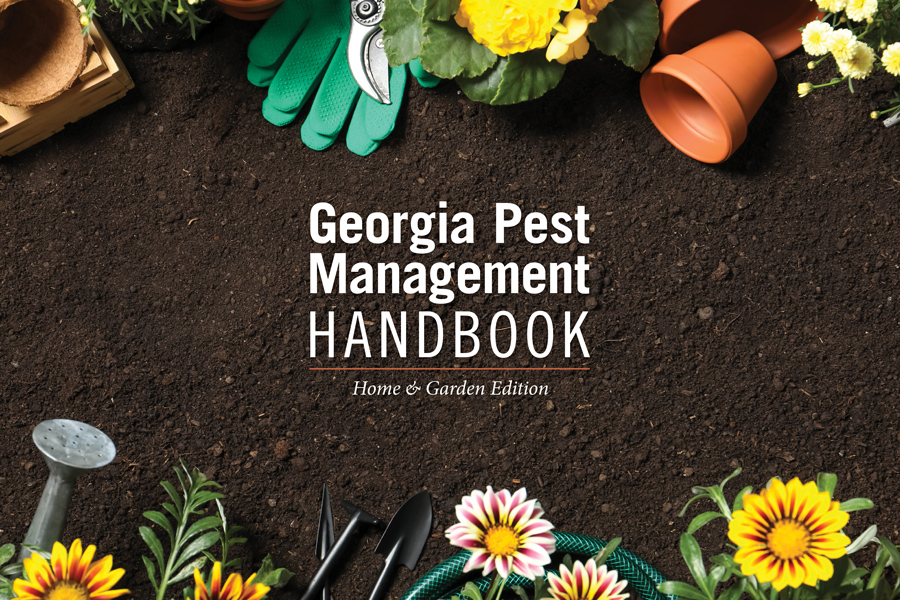
SB 48-07
Household and Stored Products
This section of the Home & Garden Edition covers household and structural insect control, tips for hiring a professional pest control company, and management of excess moisture that attracts and sustains pest problems. Beginning in 2022, the Home & Garden Edition has been updated biennially. When purchasing a product based on a first-year recommendation of the Handbook, check the current product label before purchase to be sure it is still labeled for the use for which you are buying it. For pesticide products you have on hand from earlier purchases, you are allowed to use them until they are depleted without penalty under the law. Always follow label instructions before use. Contact the product’s manufacturer for the most up-to-date label.
Dan Suiter and Allison Faye Johnson
|